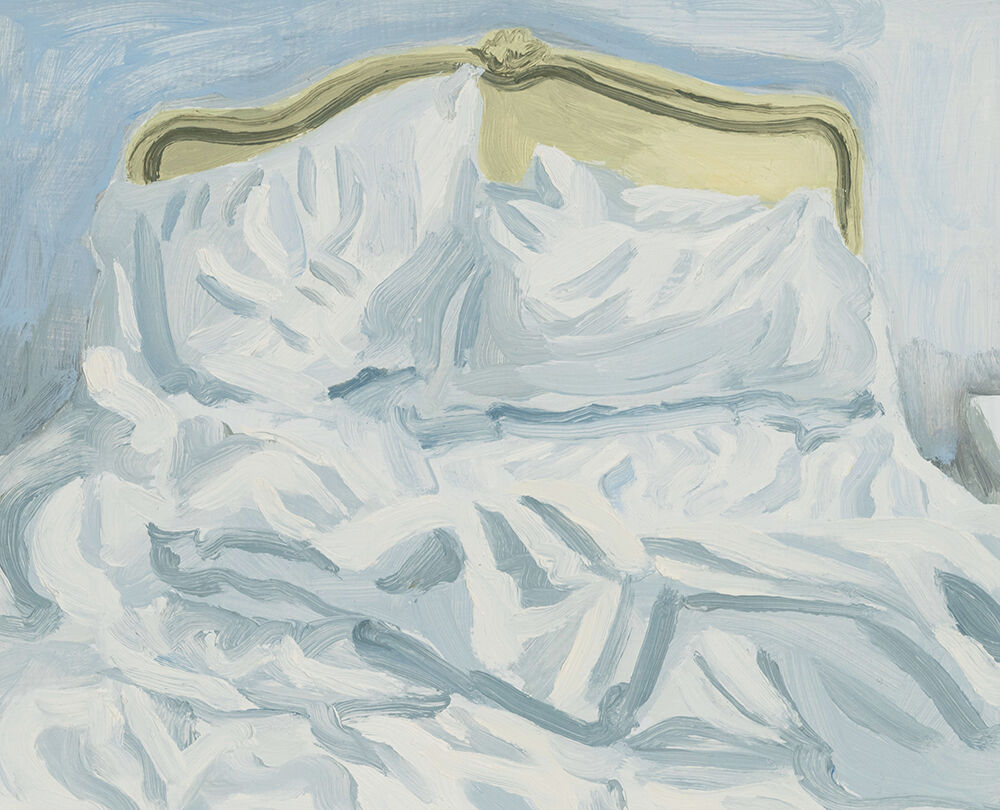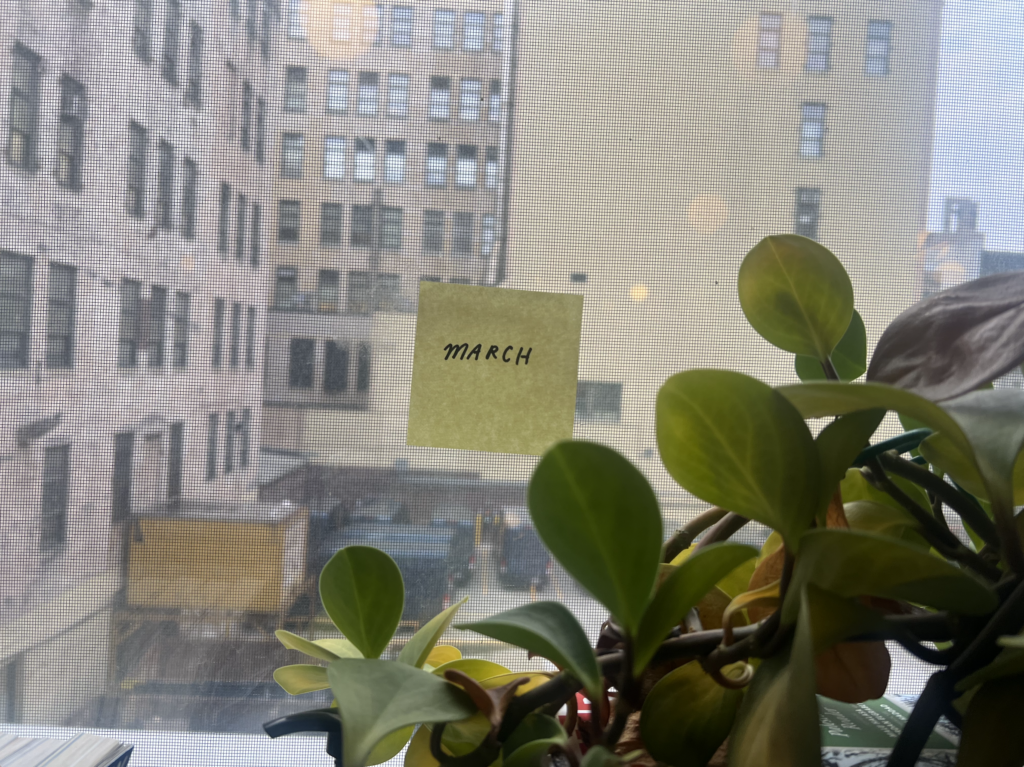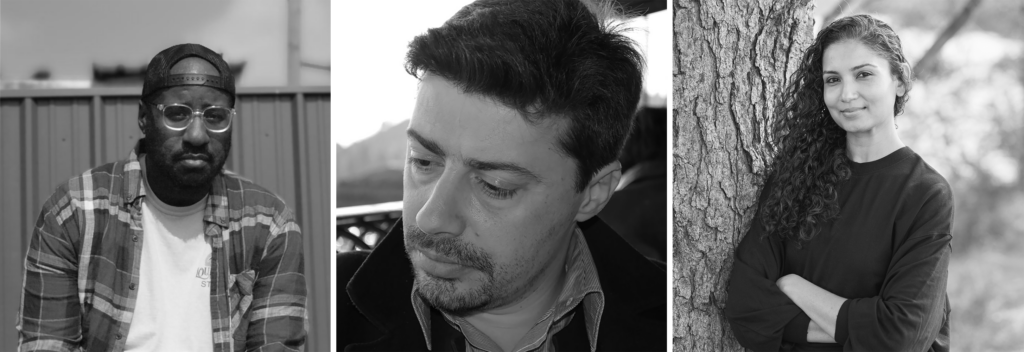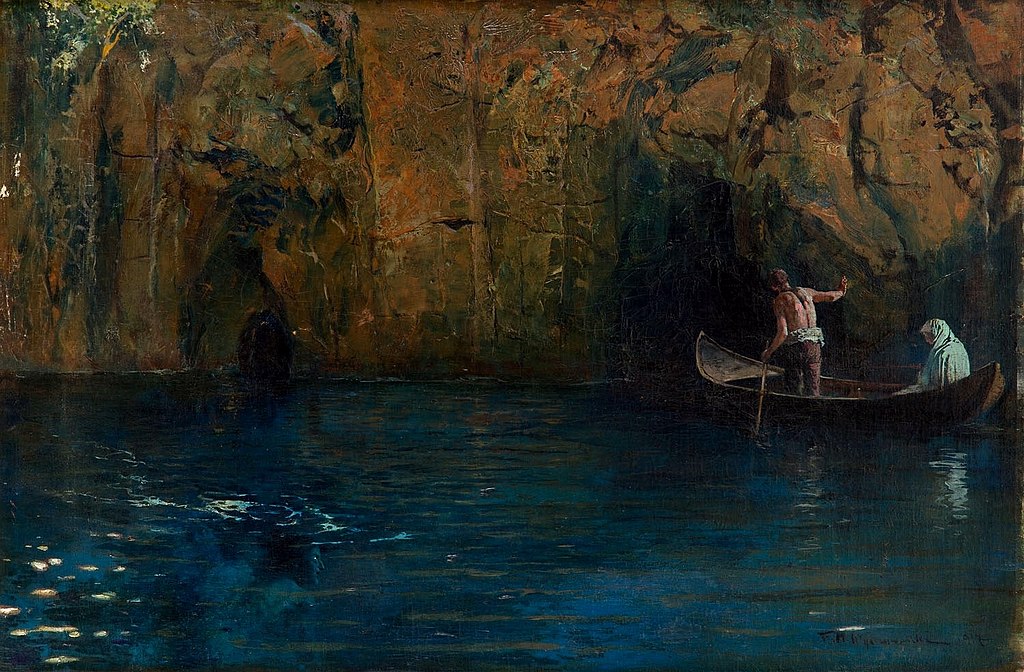Feliks Michał Wygrzywalski, Charon’s Boat, 1917, via Wikimedia Commons. Public domain.
My father has crossed many borders. Born in northern Việt Nam under French rule in 1933, he was educated in a French Catholic school. More than eighty years later, a widower, he could still sing fragments of French songs when we sat together at the dining table. The meal I could prepare which he most enjoyed was filet mignon, medium rare, with a glass of red wine. He had a cupboard full of Louis Jadot Beaujolais, for when he liked something, he bought it in bulk. When he stopped being able to eat meat and drink wine, I took the last two bottles of Louis Jadot and brought them home with me, where they remain untouched. Perhaps I will drink one when he passes away. Perhaps I will open the second decades from now and see what I remember when I taste it, even if all I will taste is spoilt wine.
By then, my father will have long ago passed across the last border any of us will see. I know of at least two other borders that he crossed during his life. In 1954, as a newlywed at twenty-one with his seventeen-year-old wife, my father left his childhood home and moved south across the border, where Việt Nam had been partitioned into a communist north and anticommunist south following the defeat of French colonizers by Vietnamese revolutionaries. My mother’s entire family chose to leave the north, along with eight hundred thousand other Vietnamese Catholics fearing communist persecution. My father’s family chose to stay, so my father left behind his parents, his younger sister, and three younger brothers. He would not see them again for forty years. Ulysses was away from home for only twenty years. Does my father’s journey away from home and back to it four decades later deserve the name of an epic? If not, what form should my father’s story take?
The question of form and its relationship to a life lived interests me as a writer and as a border crosser, as my father’s son and as a father myself. A half century after my father left his childhood home, I visited the compound. My aunt had married and moved out long ago, but my three paternal uncles still live there, along with many of their children and grandchildren. From my youth until my visit and past then until the present, my parents have sent home money to the relatives every year to help them survive. On this visit, I gave all the adults envelopes of cash, the amounts determined by my father, and thought about what my life would have been like if my parents had never left in 1954, or in 1975, when they fled from Sài Gòn and crossed yet another border to the United States. If I am inclined to see the journeys of my parents as heroic, the writer Amitava Kumar pushes back against the praise for those who cross borders: the immigrants, the refugees, the undocumented, the expatriates, the tourists, the settlers, the conquerors. He writes that “It is not the immigrant but the ones who stay behind who are the true unvanquished.”
It is safe to say that perceptions of migrants are contradictory. In their countries of origin, they are sometimes celebrated for having embarked on adventures and sometimes criticized as having abandoned their homes. In the countries of their arrival, they can appear as terrifying threats in another people’s history or be welcomed as fresh blood. If they face hostility and suspicion, migrants might feel the need to insert themselves into their new nation’s chronicles of conquest. The migrant’s heroism can then harmonize with their host nation’s self-image, as well as affirming that nation’s hospitality and generosity.




















What do you think your next five-star read will be? Let’s chat in the comments!